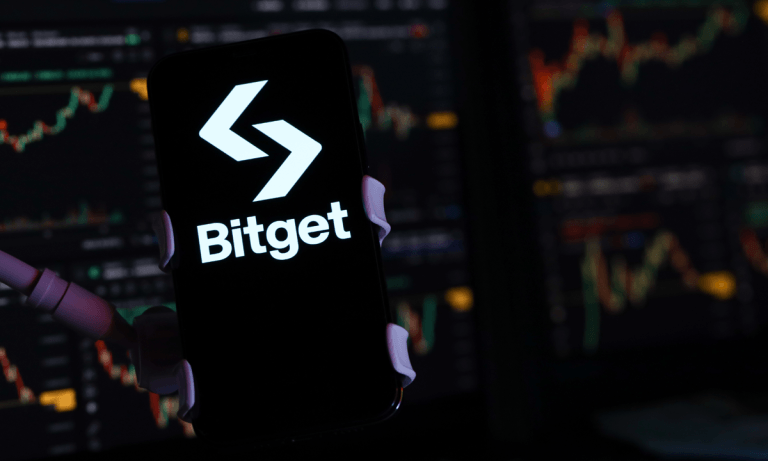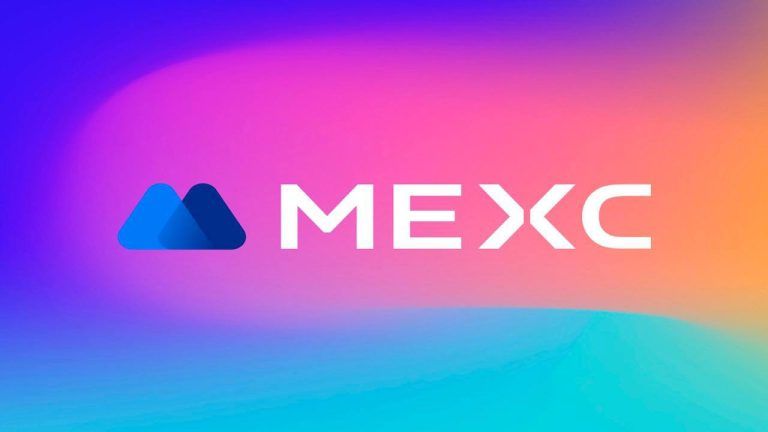
Ethereum spot ETF approval is here – Everything you need to know
Share this article
Spot Ethereum ETFs have finally received the greenlight after a period of uncertainty. Thursday’s approval not only marked a milestone for Ethereum but also a positive development in the US regulatory approach to crypto. This article will provide more insights into the recent approval, its potential motivation, and implications for the industry.
An overview of spot Ethereum ETF approval
On May 23, the US Securities and Exchange Commission (SEC) approved the 19b-4 forms associated with eight spot Ethereum ETFs. These include Blackrock’s iShares Ethereum Trust, VanEck Ethereum Trust, Fidelity Ethereum Fund, ARK 21Shares Ethereum ETF, Franklin Ethereum ETF, Bitwise Ethereum ETF, Grayscale Ethereum Trust, and Invesco Galaxy Ethereum ETF.
The latest approval follows the debut of spot Bitcoin ETFs in the US in January. However, unlike Bitcoin ETFs, the Ethereum products still need S-1 form approval to fully operate, which is pending review now.
As reported by Crypto Briefing, the securities watchdog recently started engaging with ETF issuers on S-1 forms. This development likewise confirmed some previous speculation that the SEC lacked interaction with the issuers during the review process.
Considering previous cases, Bloomberg ETF analyst James Seyffart estimates that it may take the SEC up to five months to clear the spot Ethereum funds for trading. However, the analyst suggests that the timeline can be extended.
Key factors influencing approval
According to the SEC’s approval document, the correlation between Ethereum futures ETFs and spot ETFs was one of the key factors influencing the decision.
Notably, the SEC conducted its own analysis to verify the correlation results provided by Bitwise’s amendments and other commenters, including the Coinbase Letter and CF Benchmarks Letters. The SEC’s findings confirmed the high correlations reported, indicating a robust linkage between the CME Ethereum futures and spot Ethereum markets.
Other considerations addressed in the approval document include investor protection, market integrity, volatility, and risk concerns.
However, Jake Chervinsky, chief legal officer at Variant, claimed that the SEC might “explicitly avoid staking” in its document.
There have been ongoing discussions surrounding the SEC’s stance on Ethereum’s staking feature. Analysts believe that the removal of the staking component, or the affirmation of no staking in Ethereum ETF filings is as important as other key factors influencing the decision.
Major firms such as Fidelity and ARK 21Shares initially included staking provisions in their filings with the SEC. However, ahead of the SEC’s decision deadline, these firms amended their filings to eliminate any references to staking.
While there have been no further comments from the ETF issuers, these removals were likely in response to the SEC’s stance that staking services could be viewed as unregistered securities offerings.
Historically, the SEC has demonstrated a cautious approach to staking services.
For instance, the SEC alleged that Kraken’s staking program, where users deposit crypto assets to stake and earn rewards, was an unregistered securities offering in violation of US securities laws. The lawsuit ended with Kraken’s $30 million settlement with the SEC. The firm subsequently discontinued its staking service for US retail customers.
Another case is the SEC’s lawsuit against Coinbase in June 2023. The agency also alleged that Coinbase’s retail staking services were securities.
Why does Ethereum ETF approval matter?
The SEC’s green light for spot Ethereum ETFs hints at, but doesn’t definitively confirm, their stance on the underlying asset, Ethereum (ETH).
Rumors have swirled that the SEC considers most cryptos, except Bitcoin, to be unregistered securities. This aligns with statements from SEC Chair Gary Gensler. However, the recent ETF approval offers a potential counterpoint.
Coinbase’s chief legal officer, Paul Grewal, and Jake Chervinsky, chief legal officer at Variant, interpret the recent approval as an implicit nod to ETH’s status as a commodity, given that the ETF shares are based on a commodity.
“This week, this day, has been a rollercoaster unlike any other I’ve seen. ETH is effectively deemed a Commodity as we’ve always known it to be,” Grewal stated.
“…it’s clear: “commodity-based trust shares,” Chervinsky noted.
Why might delegated authority not matter?
The approval of the spot Ethereum ETFs was issued via delegated authority, which eliminates the need for public commissioner votes. This arrangement raises concerns because it allows any commissioner the technical right to challenge and request a review of the decision.
However, Bloomberg ETF analyst James Seyffart said a review request would likely not alter the outcome.
According to him, the SEC commissioners would not permit the Trading and Markets division to issue such an approval unless a majority of them supported the decision. This consensus among the commissioners suggests a strong foundational agreement on the approval.
I say “it wouldn’t change anything” because the SEC commissioners would not have allowed Trading and Markets division to write/issue this approval order via delegated authority unless a plurality of the commissioners agreed on that decision
— James Seyffart (@JSeyff) May 23, 2024
In essence, the approval of spot Ethereum ETFs under delegated authority indicates that the launch of these ETFs is imminent.
The possibility of enforcement action against Ethereum-linked entities
The recent approval of spot Ethereum ETFs came as a welcome surprise, especially given the SEC’s alleged legal threats against Ethereum-associated entities such as the Ethereum Foundation and Consensys.
The agency had reportedly initiated a campaign to classify Ethereum (ETH) as a security—a move many believed would undermine the prospects for approving Ethereum-based ETFs.
This backdrop, combined with a lack of engagement reported by insiders and a generally pessimistic outlook from ETF issuers and experts, made the favorable decision on May 23 particularly unexpected.
Experts had speculated that the SEC was reluctant to approve ETFs tied to ETH because it wanted to classify the crypto as a security. However, the prevailing political climate in the US appears to have influenced the SEC to alter its stance and approve these ETFs.
Nevertheless, this approval does not mean that the entities involved are completely off the hook. The SEC might still treat the sale of ETH tokens during Ethereum’s 2014 ICO as an “investment contract.”
If this is the case, it likely reflects the Ripple-SEC legal lawsuit, in which the SEC alleged that the sale of XRP between 2013 and 2020 represented an “investment contract.”
According to a court ruling last year, XRP sales on the secondary market did not constitute an “investment contract,” but the institutional sales were deemed unregistered offers and sales of investment contracts under the Howey test.
Apart from these possibilities, in a less likely scenario, the SEC might not intend to sue the entities.
The recent legal threats, including one targeting Uniswap, might be a strategy to intimidate or pressure crypto companies, rather than a genuine reflection of wrongdoing. This view was previously supported by Chervinsky.
The SEC just sent a Wells notice to Robinhood.
The number they’ve sent about crypto in recent months is astonishing. It’s hard to imagine that they would (or could) bring so many enforcement actions at once.
It seems like they’re abusing the Wells process as a scare tactic now.
— Jake Chervinsky (@jchervinsky) May 6, 2024
Share this article
Go to Source
Author: Vivian Nguyen






